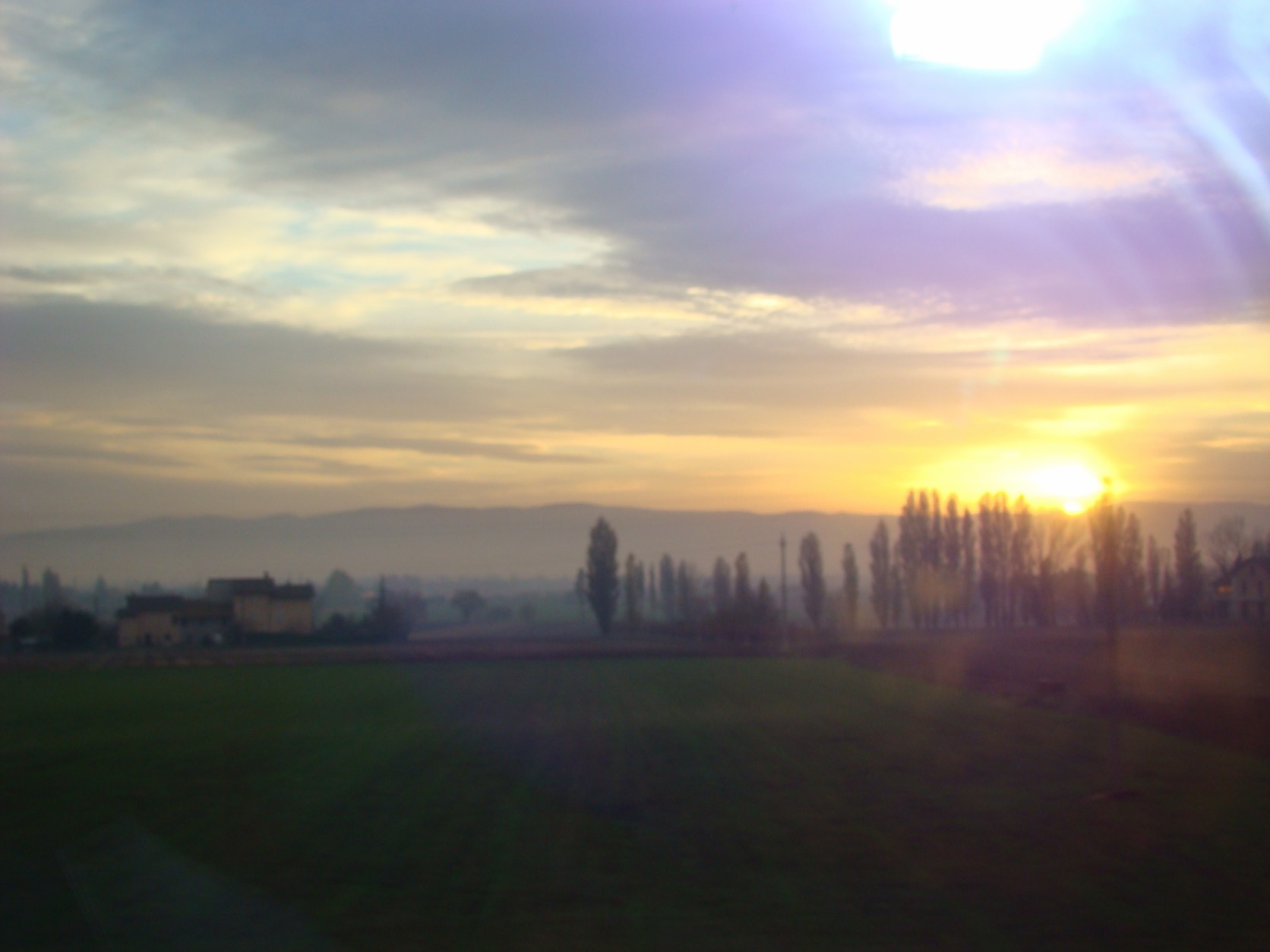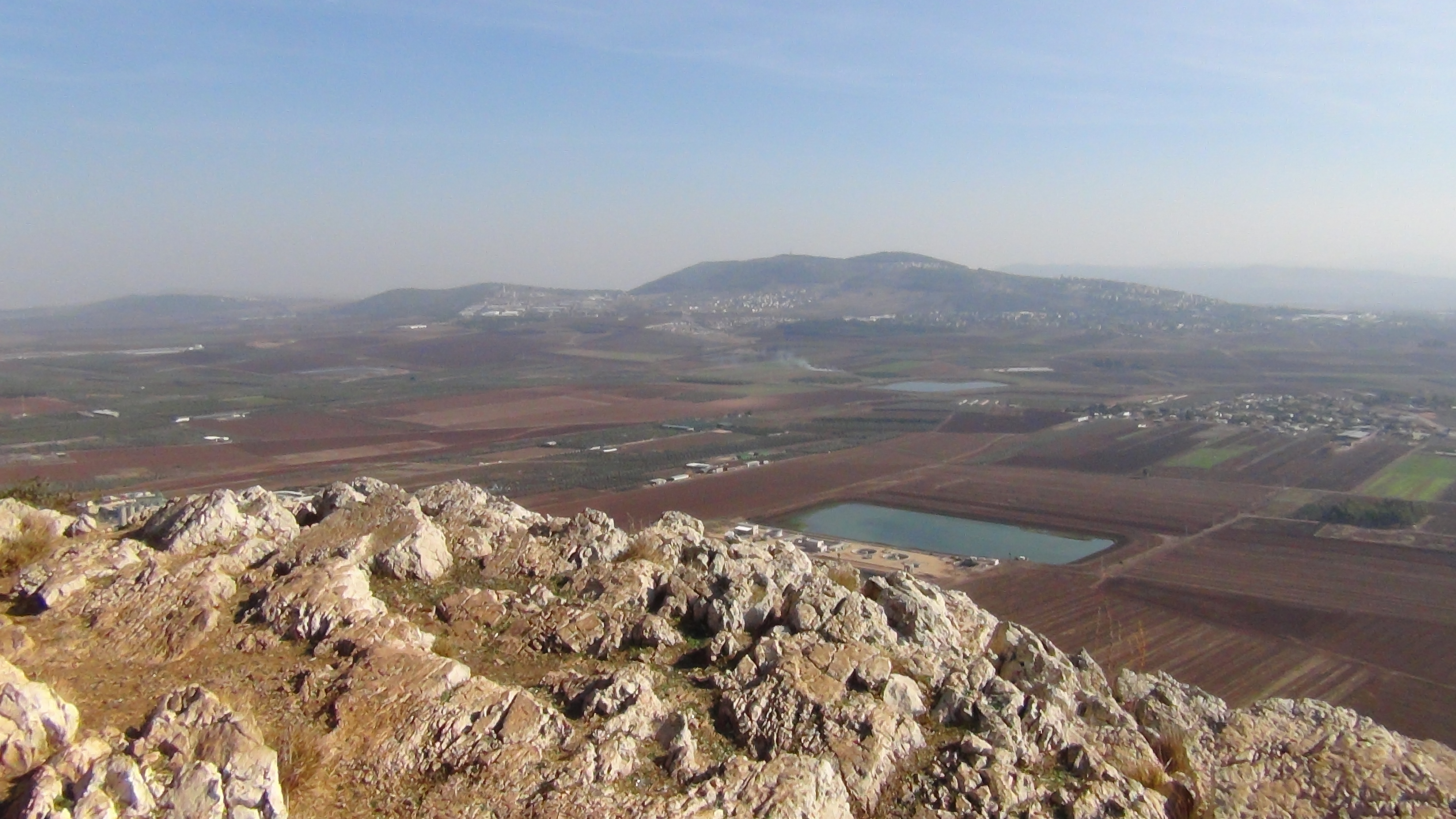1 Kgs 3: 5, 7-12; Rom. 8: 28-30; Mt. 13: 44-52
How many lives do you impact? We seldom stop to recognize the impact we are making in the world. The lives that we encounter daily at home raising a family, at work serving a purpose, in our gatherings of celebration expressing our joy, in funerals expressing our compassion, and in the streets with the stranger, the store clerk, server, child, or elderly. We impact many lives and make a difference in this world.
Solomon was a youth who understood the impact his life would have on thousands of lives and he wanted to serve with an understanding heart to judge, distinguish right from wrong. We too participate in the kingdom of God making an impact on many lives in the seen and unseen. Until heaven will it be revealed to us completely. We journey in the ordinary of life faithful to our state. The ordinary does not imply insignificance. To the contrary, if God is with us everything is significant. We are here to make a difference in the history of salvation. We must remain open to the work of the Spirit.
One of the sad statistics of today is the rising suicide rates among the general population but especially among youth where it has doubled and even tripled in some areas in the last ten years. One testimony of a father whose son named Will a talented boy, good grades, played sports, wrote lyrics for a band, successful in every aspect of his life, dead at 15 from suicide. Like Solomon this boy felt all the pressure to be perfect. He took serious his responsibilities. He also knew that if he made a mistake everyone would know about it by lunch time with all the social media at the fingertips of everyone’s phone. Solomon desired to judge rightly. Will feared being judged wrongly. Will’s dad was thinking “everything is great!” Today his message to youth is “Wow, this is really hard.” The challenges of this world require faith, hope, and love, they require God in our lives.
There is a desert experience we must all pass through. There is also a promised land. The Old Testament daily readings this week have been from Exodus. Moses leading the people through the desert and each hardship is a test of faith. Our focus is on the Promised Land. The Kingdom, the Promised land starts here in the present, in the ordinary, in Mass, in his body and blood, and in our struggles blessed to carry the cross.
Even when there is a shared struggle in life like the loss of a loved one each experiences their own unique grief. “Wow, this is really hard. No kidding!” Are we prepared to face the desert experience when it comes? Solomon’s prayer to God is a servant’s prayer. He understood who he was serving in all he would be called to do. His prayer was for what he needed to be a good servant, not to grow rich or rule with power. His desire was to build a kingdom for God, a treasure buried in a field unseen to others but discovered in his heart; a kingdom of fine pearls of wisdom, and a net that catches souls of every kind.
“We know all things work for good for those who love God, who are called according to his purpose.” Do we walk in the steps we are predestined responding to the call, justified by conforming to the image of Jesus, glorified by the love of God? How do we know? When we walk in his steps says St. Paul in Galatians we gain the fruits of the Spirit. We have and share our “love, joy, peace, patience, kindness, generosity, faithfulness, gentleness, self-control. (Gal. 5:22-23). That is nine gifts which we can recall as, in the power of the Spirit he strengthens our faithfulness, gentleness and self-control to become the image of the Son in patience, kindness, and generosity and arrive at the Father’s love with joy and peace in our hearts.
Fidelity to the word made flesh nurtures us into the gentleness of a child of faith to be obedient in self-control. Patience is also self-restraint with kindness giving of ourselves in generosity. The heart of understanding comes to know the will of the Father and celebrates the truth of knowledge with joy and peace resting in the Father’s heart.
All this lead us to an extraordinary life in the ordinary of life. Here we are called to be the best we can be in his image. Who shared in our humanity a fidelity to the ordinary and was called to the extraordinary? It was our Blessed Mother Mary. Until the angel appears Mary was faithful to her ordinary daily life. It is from this faithfulness that God sees the fruit of the Spirit and called her and many other Saints to an extraordinary life of greater sanctity.
Today we have the “new and the old”, the completion of the Word in the Old Testament and the New Testament, in the law of obedience and in the law of the Spirit of fidelity, our love in action. Each life leaves it legacy for generations to come. It is the legacy of love that endures.
Come to the Promise Land. The invitation requires no RSVP, No Regrets, only Mary’s fiat, “let it be done according to your will” Lord.









Recent Comments